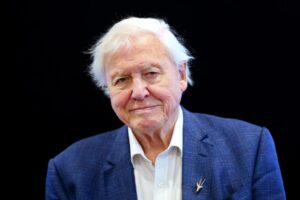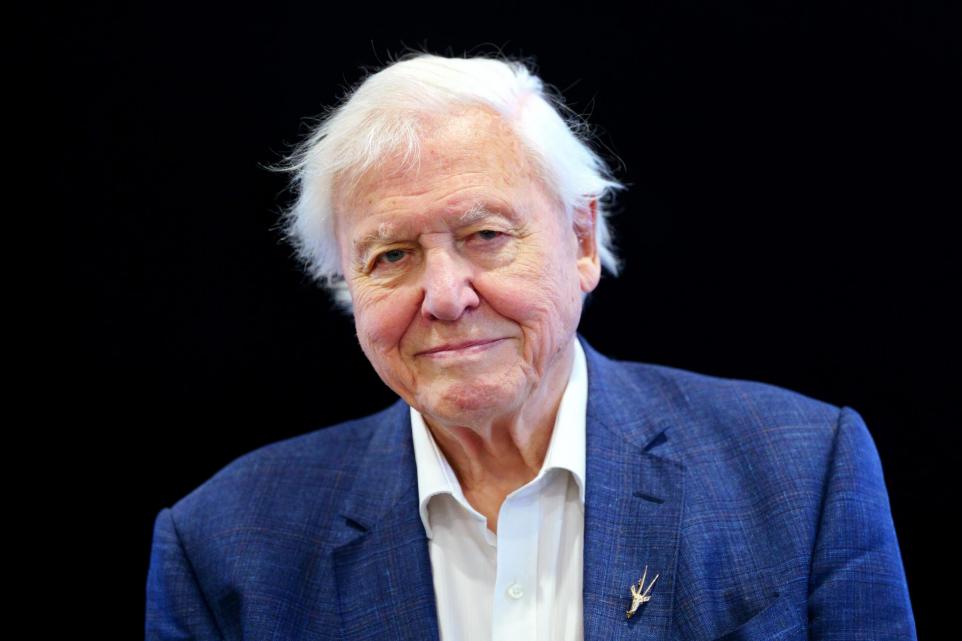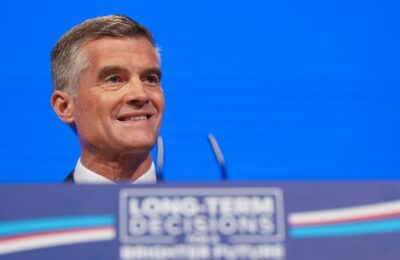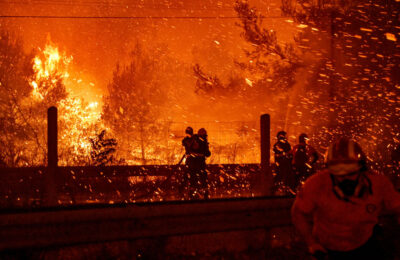From The National

THE BBC is planning to pull part of a David Attenborough series part-funded by charities for fear it might upset Tory politicians and the right-wing press, it has emerged.
According to the Guardian, bosses have decided not to show an episode of the series Wild Isles – which has been part-funded by the WWF and RSPB – because of its themes around the destruction of nature and the backlash this might receive.
The corporation has subsequently been accused of a “dereliction of its duty to public service broadcasting”.
The move is said to have angered programme makers and BBC insiders who feel the broadcaster has bowed to pressure from lobbying groups with “dinosaurian ways”.
It comes after Match of the Day host Gary Lineker had to be “spoken to” by BBC chiefs after he compared the UK Government’s Illegal Migration Bill to Nazi Germany. It was agreed that he will step back from hosting Match of the Day for the time being.
The series – which will begin broadcasting on Sunday – looks at the beauty of the British Isles and is narrated by 96-year-old Attenborough, who has worked for the BBC since the 1950s.
Five episodes are scheduled to go out in primetime slots on BBC One but a sixth episode looking at at the losses of nature in the UK will not be broadcast along with the others and will only be on iPlayer.
It is understood to include some examples of rewilding, a concept that has been controversial in some rightwing circles.
Green Party MP Caroline Lucas (above) said: “For the BBC to censor of one of the nation’s most informed and trusted voices on the nature and climate emergencies is nothing short of an unforgivable dereliction of its duty to public service broadcasting.
“This government has taken a wrecking ball to our environment, putting over 1700 pieces of environmental legislation at risk, setting an air pollution target which is a decade too late, and neglecting the scandal of our sewage-filled waterways, which cannot go unexamined and unchallenged by the public.
“BBC bosses must not be cowed by antagonistic, culture war-stoking government ministers, putting populist and petty political games above delivering serious action to protect and restore our natural world. This episode simply must be televised.”
Senior sources at the BBC said the decision was made to fend off potential critique from the political right.
One source at the broadcaster, who asked not to be named, told the Guardian “lobbying groups that are desperately hanging on to their dinosaurian ways” such as the farming and game industry would “kick off” if the show had too political a message.
They added: “Frankly, this idea that you sort of put it in a separate programme to almost parcel it to one side is disingenuous. Why don’t they integrate those stories into all of them at the time?”
Laura Howard, who produced the programme and used to work at the BBC’s Natural History Unit, said it was not political.
She said: “I think the facts speak for themselves. You know, we’ve worked really closely with the RSPB in particular who are able to factcheck all of our scripts and provide us with detailed scientific data and information about the loss of wildlife in this country.
“And it is undeniable, we are incredibly nature-depleted. And I don’t think that that is political, I think it’s just facts.”
Chris Packham, who presents Springwatch on the BBC, also told the paper: “At this time, in our fight to save the world’s biodiversity, it is irresponsible not to put that at the forefront of wildlife broadcasting.”
A BBC spokesperson said: “Wild Isles consists of five episodes: Our Precious Isles, Woodland, Grassland, Freshwater and Ocean. Saving Our Wild Isles is a separate film inspired by the series that was commissioned by the RSPB and WWF. We’ve acquired it for iPlayer.”



